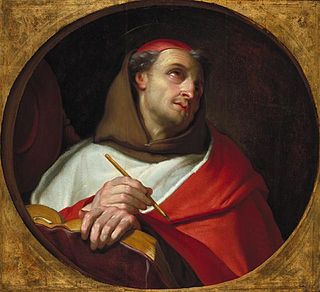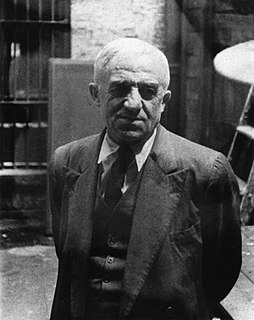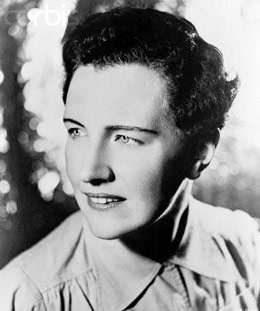Цитата Бонавентуры
В прекрасных вещах святой Франциск видел саму Красоту, и через Его остатки, отпечатанные в творении, он повсюду следовал за своим Возлюбленным, делая из всего лестницу, по которой он мог взобраться и обнять Того, Кто крайне желанен.
Связанные цитаты
В самом деле, среди общества и общительности всякое дурное влечение должно так сильно сдерживать себя, надевать столько масок, так часто ложиться на прокрустово ложе добродетели, что можно было бы говорить о мученичество злого человека. В одиночестве все это отпадает. Тот, кто зол, наиболее зол в одиночестве: именно там он находится в своих лучших проявлениях, и, таким образом, в глазах того, кто повсюду видит только зрелище, он и наиболее прекрасен.
Вы когда-нибудь осознавали, что можете отдать Богу то, что имеет для Него ценность? Или вы просто сидите и мечтаете о величии Его искупления, пренебрегая всем, что вы могли бы сделать для Него? Я имею в виду не дела, которые можно было бы рассматривать как божественные и чудесные, а обычные, простые человеческие вещи — вещи, которые были бы доказательством Богу, что вы полностью отдались Ему.
У каждого есть момент в истории, который принадлежит именно ему. Это момент, когда его эмоции обретают над ним самую сильную власть, и впоследствии, когда вы говорите этому человеку «сегодняшний мир», или «жизнь», или «реальность», он будет считать, что вы имеете в виду именно этот момент, даже если ему пятьдесят. прошедшие годы. Мир через его высвобожденные эмоции запечатлелся в нем, и он навсегда несет печать этого уходящего момента.
Все было красным, воздух, солнце, на что бы я ни смотрел. Кроме него. Я влюбился в кого-то, кто был человеком. Я смотрел, как он шел через холмы и возвращался вечером, когда его работа была закончена. Я видела то, чего не увидит ни одна женщина: что он умеет плакать, что он один. Я бросилась на него, как дура, но он меня не увидел. И вот однажды он заметил, что я красивая, и захотел меня. Он прервал меня и взял с собой, в свои руки, и мне было все равно, что я умираю, пока я действительно не умер.
Плохая фактическая разница в возрасте (а мистер Вудхауз не женился рано) усугублялась его телосложением и привычками; поскольку всю свою жизнь он был расточительством, без деятельности ума и тела, он был гораздо старше в отношениях, чем в годах; и хотя везде его любили за дружелюбие сердца и любезный нрав, его таланты ни в какое время не могли его зарекомендовать.
Каждый человек в своей жизни почитает и подражает, насколько может, тому богу, к хору которого он принадлежал, пока он не испорчен в своем первом воплощении здесь; и так, как он таким образом научился, он относится к своей возлюбленной так же, как и к остальным. Итак, каждый выбирает среди красивых любовь, соответствующую его роду, и затем, как если бы его избранный был его богом, он ставит его и одевает его для поклонения.
Никто не может полностью осознать самую сущность другого человека, пока не полюбит его. Благодаря своей любви он может видеть в любимом человеке существенные черты и черты; и более того, он видит в себе то потенциальное, что еще не осуществилось. Кроме того, своей любовью любящий человек позволяет любимому человеку реализовать эти возможности. Заставив его осознать, кем он может быть и кем он должен стать, он реализует эти потенциальные возможности.
Все наслаждения чувств, или сердца, или ума, которыми вы могли когда-то соблазнить его, даже наслаждения самой добродетели, теперь кажутся ему по сравнению с чем-то вроде тошнотворного влечения распутной блудницы тому, кто слышит, что его истинная возлюбленная, которую он любил всю свою жизнь и которую он считал мертвой, жива и даже сейчас стоит у его дверей.







































